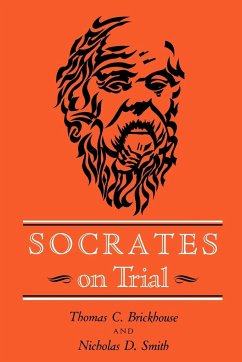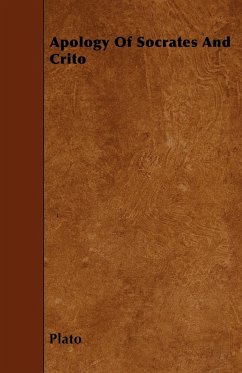Thomas Brickhouse and Nicholas Smith offer a comprehensive historical and philosophical interpretation of, and commentary on, one of Plato's most widely read works, the Apology of Socrates. Virtually every modern interpretation characterizes some part of what Socrates says in the Apology as purposefully irrelevant or even antithetical to convincing the jury to acquit him at his trial. This book, by contrast, argues persuasively that Socrates offers a sincere and well-reasoned defense against the charges he faces. First, the authors establish a consensus of ancient reports about Socrates' moral and religious principles and show that these prohibit him from needlessly risking the condemnation of the jury. Second, they consider each specific claim made by Socrates in the Apology and show how each can be construed as an honest effort to inform the jurors of the truth and to convince them of his blamelessness. The arguments of this book are informed by a critical review of the scholarly literature and careful attention to the philosophy expressed in Plato's other early dialogues.
Bitte wählen Sie Ihr Anliegen aus.
Rechnungen
Retourenschein anfordern
Bestellstatus
Storno








